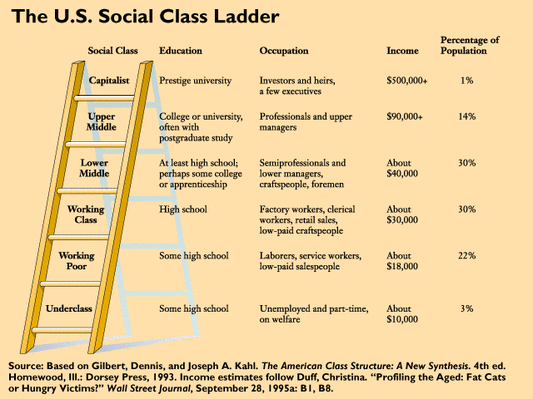 |
| http://6h6ancientrome.weebly.com/ |
Colleges look for a hand full of reasons why they should admit you to their college including, sat/act scores, GPA, extracurriculars, recommendation letters and where you live. Say two students have all equal qualities when it comes to those requirements, though there is one thing different, their social class. One of these students is from a poorer family and would be the first in his family to go to college. The other student is from a wealthy family where all of his family has gone to ivy league or BIG 10 schools. Which one will get in?
“In America, everyone has equal opportunity.” This statement is not true. According to Sam Fulwood III, a director of CAP Leadership Institute, “Only 3 percent of students at the 146 most-selective public and private colleges in America are from the bottom socioeconomic quartile.” These kids have not had the same opportunities because of their social class and their access to education. It not fair for students that don’t have the access to good education to not be admitted to a college based on their wealth.
“Just 10 percent of students attending one of U.S. News & World Report’s top 30 public and private universities are from families with incomes less than $30,000” (Fulwood). It isn’t a coinisanice that these kids aren’t being admitted to college. They simply either aren’t being chosen because of their families income or don’t have the best education and that isn’t the student’s fault.
The kid with the higher wealth will get chosen because colleges don’t want to take loans from the students, they would rather get the money up front, and that is the economics behind it. Colleges select these students for higher profit for their University. Future Research Question: Why do richer students have the "advantage'?
No comments:
Post a Comment